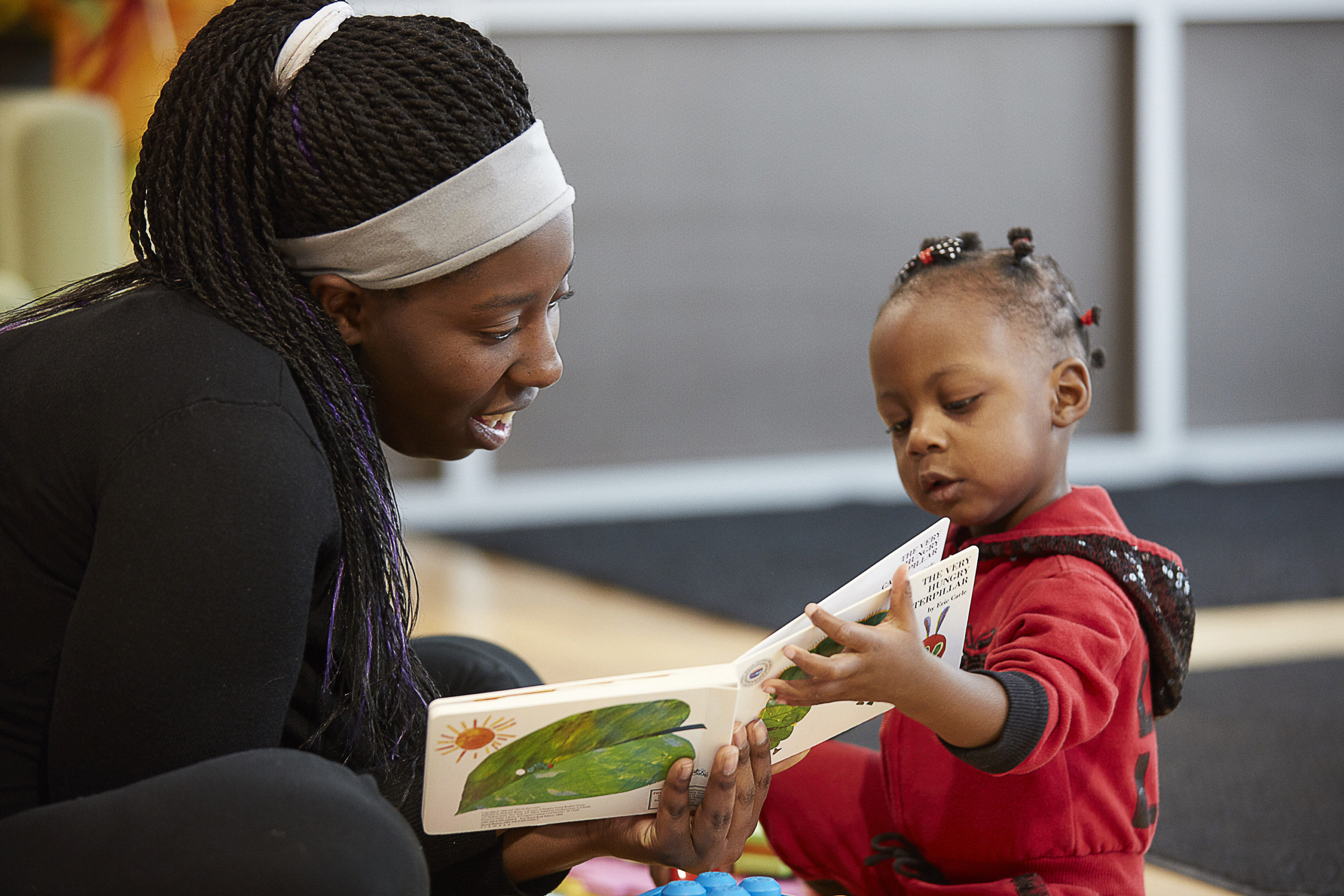Imagine a three-year old girl, born into poverty. Her parents may not have finished high school and statistically, it’s even less likely anyone from her family has ever graduated college. Let’s say she defies the odds and graduates high school on time, but shortly after, she becomes pregnant. She seeks help and finds herself at Way to Grow. As she grows more confident in her ability to create a different path for her child, she decides to go back to school, becoming a first generation college student.
It isn’t easy. She will face many challenges; How can I afford school? Who will care for my child when I’m in class? What about transportation? Where will I find the time to work, study, and raise my child on my own? The unfortunate reality is that a disproportionately low number of first-generation students succeed in college. However, there is a path forward.
Her daughter already has a childhood that looks much different than her own. She will reap the benefits of a childhood where her mother knows the importance of living healthy, reading with her child daily, and advocating for her daughter’s education. Her mother spends time with her to read and uses everyday experiences as an opportunity to teach. Her mother is involved in her school, and this little girl grows up knowing her mom is the number one advocate for her education. The bar has been raised. Education is no longer simply a choice, but an expectation. With this, a second generation is born. She learns to pick up the torch from where her mother left off, and continues to blaze forward on the path of educational attainment towards greater social opportunities – A hope we all share for our children.
Powerful isn’t it? The daughter in this story is more likely as a second generation college student to persist beyond three years of higher education, and that much closer to earning her bachelor’s degree; arguably the most important rung in the educational attainment ladder in terms of upward social mobility. This is why early childhood education and parent engagement matters. This is why Way to Grow matters.
Dr. Mary Dana Hinton, 15th president of the College of Saint Benedict will deliver a keynote address at the Way to Grow Spring Luncheon.
Join Dr. Hinton as she delves deeper into the power of the second generation >>



